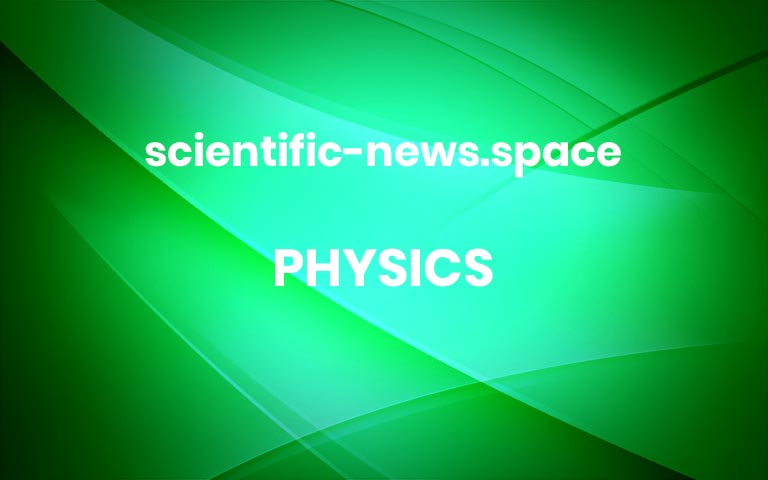Physicists have found quasiparticles that mimic hypothetical dark matter axions
An elusive hypothetical particle comes in imitation form. Lurking within a solid crystal is a phenomenon that is mathematically similar to proposed subatomic particles called axions, physicist Johannes Gooth and colleagues report online October 7 in Nature. If axions exist as fundamental particles, they could constitute a hidden form of matter in the cosmos, dark […] More



